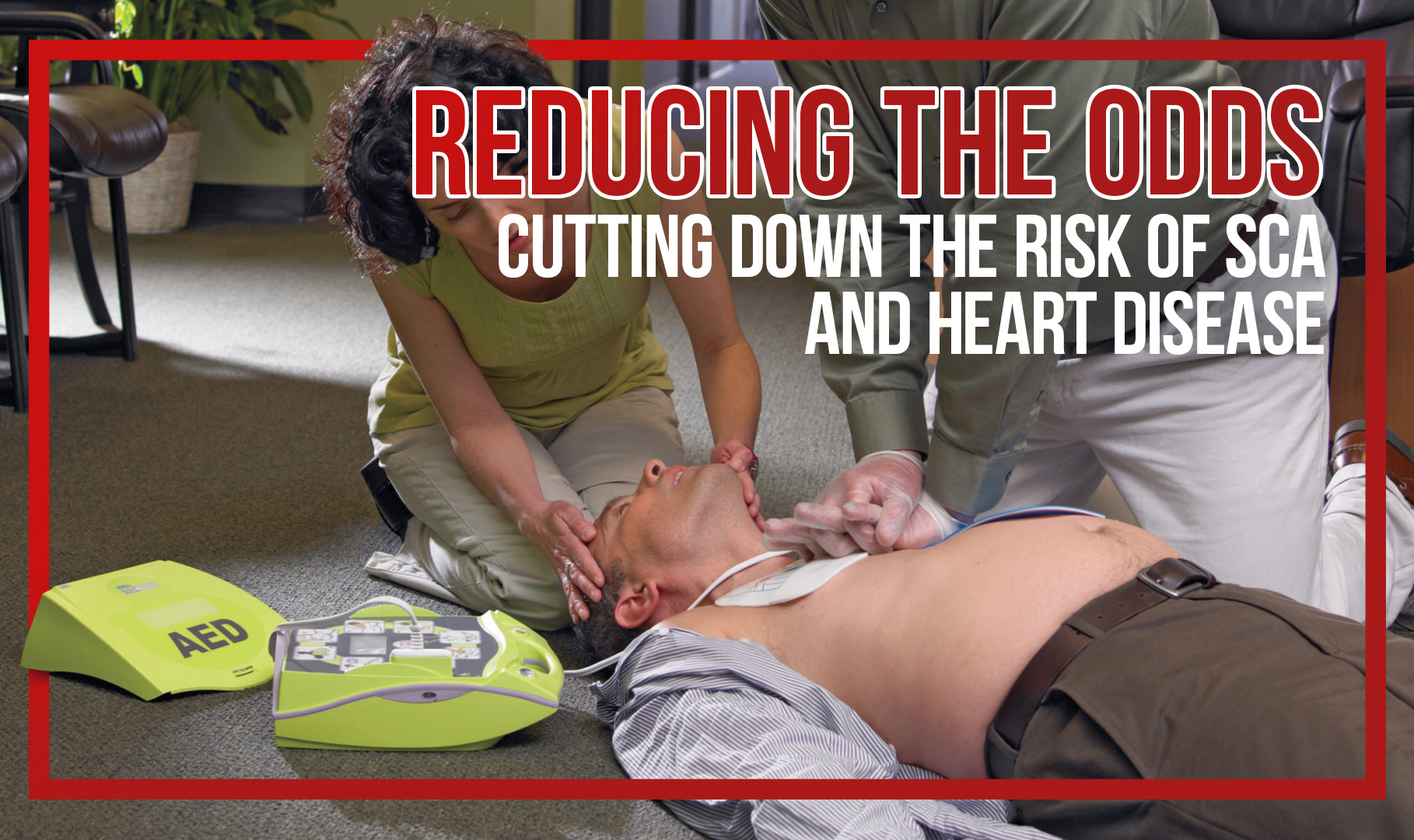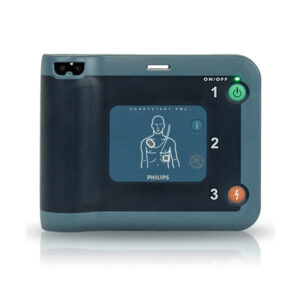Blog
Reducing The Odds – Cutting Down The Risk of SCA & Heart Disease

It’s no surprise to anyone in the medical industry that heart disease is one of the leading causes of death in the United States. Cardiac emergencies can occur at any time, with little-to-no warning, and can have dire consequences in a matter of minutes. Sometimes the issues are genetic; other times, there is no track record of any heart trouble. So what could be done to lower the chances?
While nothing is concrete to prevent heart disease or cardiac emergencies, there are ways to decrease the chances that an event could occur. February is Heart Month, a time to raise awareness of cardiac emergencies and promote healthy hearts, so we’ve compiled some medical tips for healthy hearts in 2023.
1- Check-Ups
Cardiac diseases and issues often have warning signs. Get checked at least once every year. A variety of tests are recommended to make the most of your check-up and to see if you are more likely to have heart disease. Be sure to check for Blood Pressure, Cholesterol, and Diabetes.

2- Substances
Irresponsible smoking and drinking have a measurable, adverse effect on the function of your internal organs, including your heart. According to the CDC, men shouldn’t regularly have more than two drinks per day, and women shouldn’t regularly have more than one drink per day. The mayo clinic advises a maximum of fourteen units (12 oz of beer or 5 oz of wine) per week. As for smoking or vaping, it’s best to take active steps to quit. The damage it does to your lungs and, consequentially, the air that goes into your bloodstream can’t be ignored. For professional help with quitting, call 1-800-QUIT-NOW.
3- Sleep
Sleep is natural; your body needs it to recover, heal, and grow. The more rest you have, the better your body can perform. On the other hand, lack of sleep has been linked to higher blood pressure, heart disease, and stress.
An adult’s average sleep is at least seven hours each night. So take time to make rest a priority. There is a multitude of apps and alarm settings that remind you in a variety of ways to make the most of your sleep!
4- Balance your Food
Nutrition is a huge part of taking care of your body. Even the most dedicated gym-goers must focus on their diet to achieve the desired results. Each diet is careful to carry a well-balanced variety of fruits and vegetables and grains. Diets that are high in saturated fats and cholesterol have been strongly linked with heart diseases and cardiac conditions.
According to Health.gov, here are some good rules of thumb:
Eat less saturated fat. Cut back on fatty meats and high-fat dairy products. Limit foods like pizza, burgers, and creamy sauces or gravy.
Cut down on sodium (salt). Read the Nutrition Facts label and choose foods that are lower in sodium. Look for foods labeled “low sodium” or “no salt added” — like some canned soups, canned vegetables, packaged meals, and snack foods.
Get more fiber. Eat vegetables, fruits, beans, and whole grains to add fiber to your diet.
5- Ex-er-CISE
A good rule of thumb is to exercise for half an hour to an hour daily.
The year has just begun, and now is the time to start good and reliable exercise routines. Even just a little bit of exercise will start to help your body. You lower your blood pressure, blood sugar, and cholesterol with lower body weight. With your heart on a steady schedule of exercising, your heart can overcome adverse conditions that occur as you get older. It’s better for your heart and lowers your risk of heart disease!
 Even with all these tips, we can’t prevent 100% of emergencies such as Sudden Cardiac Arrest. In the event of an emergency, make sure you are prepared with an AED and CPR training. View AED solutions here, and for CPR training inquiries, get in touch with Trent Harris, our clinical sales specialist, at tharris@mmemed.com.
Even with all these tips, we can’t prevent 100% of emergencies such as Sudden Cardiac Arrest. In the event of an emergency, make sure you are prepared with an AED and CPR training. View AED solutions here, and for CPR training inquiries, get in touch with Trent Harris, our clinical sales specialist, at tharris@mmemed.com.
At Master Medical Equipment, we are proud to put life-saving equipment into the hands of those who need them. While we cannot control the rate of heart disease and how often it affects people, we always strive to keep you prepared. As we recognize Wear Red Day and this month of Cardiac Disease Awareness, take the time to assess what you can do for others and yourself to lower your cardiac risk!
